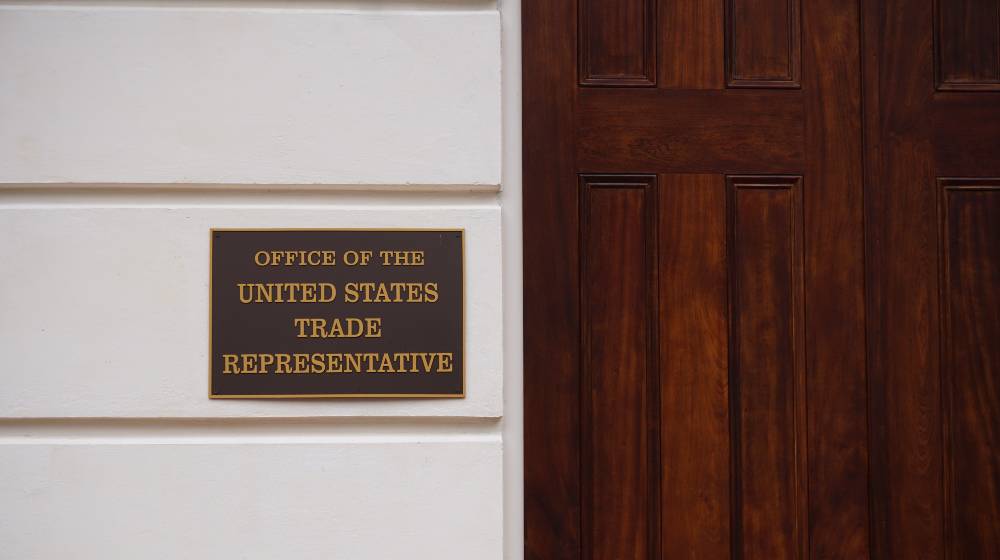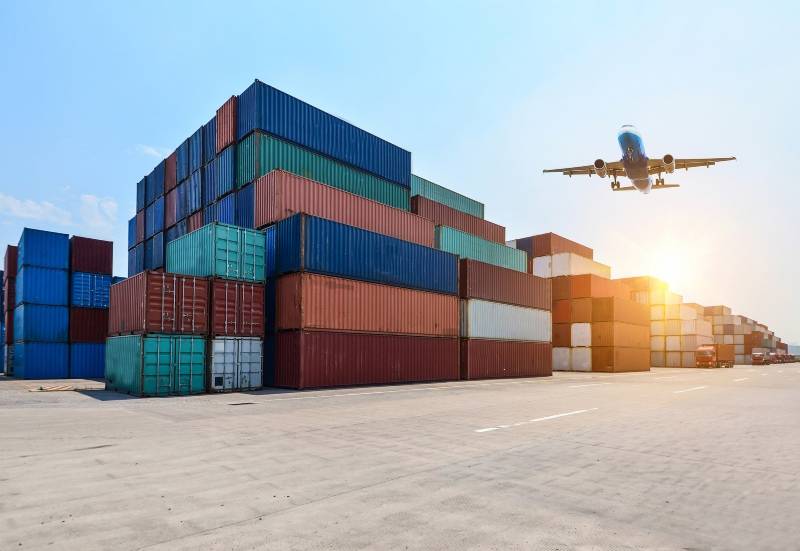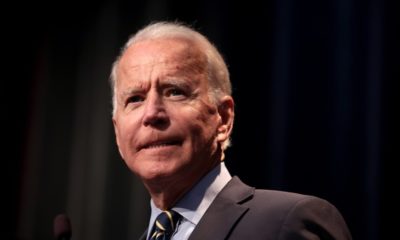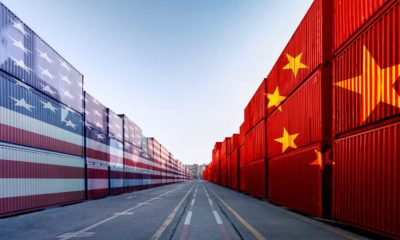Press Release
U.S. Trade Representative To Consider Renewing Certain Section 301 Product Exclusions

On October 5, 2021, the United States Trade Representative (USTR) announced that it would accept comments on the possible reinstatement of certain expired Section 301 product exclusions.
1 However, not all expired exclusions are eligible for renewal – rather, USTR is accepting comments on the renewal of only 549 previously extended exclusions.
RELATED: Groups Raise Alarm About U.S. – Mexico Trade Relationship
U.S. Trade Representative To Consider Renewing Certain Section 301 Product Exclusions

Companies that import products under the 549 previously extended exclusions should consider submitting comments to USTR in favor of renewing those exclusions.
Those that import other products subject to Section 301 tariffs should continue to monitor USTR's announcements for potential expansions of the product exclusion process. Sidley is happy to assist in these efforts.
In 2017, the United States launched a Section 301 investigation alleging that China fails to protect intellectual property, forces U.S. companies to transfer technology to China, and takes other actions that harmed U.S. innovation.
This investigation resulted in USTR's imposing four rounds of increased tariffs on imports from China. To mitigate harm to U.S. interests, USTR also instituted an exclusion process through which parties could apply for relief from the tariffs for certain products.
Of the approximately 2,200 exclusions granted through this process,2 USTR subsequently extended 549 through the end of 2020 or early 2021.
3 USTR is now considering whether to renew those 549 previously extended exclusions.4 For additional background on the Section 301 tariffs, see Sidley's prior alerts on this subject here and here.
USTR will accept public comments on whether to renew these exclusions (and if so, for how long) from October 12 to December 1, 2021.
The evaluation will be on a case-by-case basis and will focus on whether, despite the imposition of additional duties, the particular products remain available only from China.
Additionally, USTR will consider whether reinstating the exclusions will negatively affect the commenter or other U.S. interests, including the interests of small businesses, employment, manufacturing output, and critical supply chains.
USTR will also consider the overall impact of the exclusions on the goal of changing China's behaviors identified in the Section 301 investigation.
Any exclusions USTR decides to reinstate will apply to entries for consumption made on or after October 12, 2021, provided that the entry has not been liquidated at the time the refund claim is made to U.S. Customs and Border Protection.
Accordingly, importers seeking relief should ensure they are taking advantage of all available mechanisms to preserve their right to retroactively apply renewed exclusions, including requesting extensions of liquidation, where needed.
While this recent development is a positive step for importers facing increased tariffs, it still falls short of meeting requests from affected industries and others.
U.S. businesses and members of Congress have questioned the transparency and fairness of USTR's administration of the exclusion process, leading to proposals from Congress to formalize the Section 301 exclusion process.
For example, the U.S. Innovation and Competition Act,5 which was designed to bolster scientific innovation and competition with China, would have formalized an exclusion process for Section 301 duties in most circumstances and included a retroactive extension for certain already granted exclusions.
6 The bill's proposed exclusion process would be much broader in scope than USTR's current action in the following ways:
- The bill would automatically reinstate prior exclusions, valid as of December 31, 2020,7, and would not require interested parties to resubmit comments.
- The Senate bill would have made these already granted exclusions retroactive to all entries for consumption made after December 31, 2020, until December 31, 2022. The USTR action is retroactive only to October 12, 2021, and USTR has not yet specified the eligibility period of any granted exclusion.
- The process created for granting new extensions under the Senate bill would call for a consideration of a number of additional factors not explicitly covered in USTR's current process.8
- USTR has not proposed a prospective process for reviewing or granting new exclusions.
Therefore, there is a sizable difference between the Senate bill's language and the USTR action. Unless USTR implements a broader Section 301 exclusion process, Congress may continue to press for a more robust and formalized process.
A recent U.S. Government Accountability Office (GAO) report has also detailed the procedural shortcomings of the previous Section 301 exclusion and exclusion extension processes,9 casting doubt on the consistency of USTR's past decisions concerning Section 301 exclusions.
Between the GAO report and the Senate's support for a more robust exclusion process, USTR's action, albeit a positive development, is limited in scope.
However, this current review may be only an immediate first step at restarting a larger product exclusion process.
This is certainly possible given U.S. Trade Representative Katherine Tai's recent statements regarding the Biden administration's U.S.-China approach, where Ambassador Tai stated that “we will start a targeted tariff exclusion process … [and] keep open the potential for additional exclusion processes, as warranted.”10
The Biden administration's decision to continue imposing Section 301 tariffs is unsurprising and is consistent with the Biden administration's general continuation of the Trump administration's aggressive posturing towards China.
While the Biden administration has taken actions to modify or revoke certain actions of the prior administration, it has made clear that it similarly intends to use a whole-of-government approach to counter what it considers to be the national security threats and human rights concerns posed by China.
In addition to continuing to impose Section 301 tariffs, the Biden administration will also push China to fully comply with its commitments under the Phase One U.S.-China trade deal.11 Further, Ambassador Tai has affirmed that the administration is willing to use “the full range of tools” and to “develop new tools” to defend American economic interests.12
As part of its modified approach to China, the Biden administration has shown a willingness to deviate from its predecessor's policies.
For example, President Joe Biden rescinded and modified Trump administration sanctions against communist Chinese military companies to cover certain Chinese military-industrial companies and clearly signaled that these sanctions were based in U.S. opposition to alleged Chinese repression and human rights abuses.
13 In another deviation, the Biden administration revoked executive orders issued by the Trump administration concerning prohibitions on certain Chinese software applications while noting that it was still engaged in a strategic review of how to counter the threats that it considers Chinese technologies pose.
14 Given this tendency to alter and refocus the previous administration's approach to China, it would be surprising if USTR did not push for broader changes to the Section 301 product exclusion process.
As noted, companies that import products under the 549 previously extended exclusions should consider submitting comments to USTR in favor of renewing those exclusions. Sidley is happy to assist in these efforts.
You Might Also Like:
- $15 Minimum Wage for Federal Contractors Takes Effect Jan 30
- Target Stores Will Close During Thanksgiving Day From Now On
- Former Executive Accuses American Express of Firing Him for Being White
Keep up to date with the latest finance news by following us on Facebook and Instagram.
Article Source: NewsEdge















